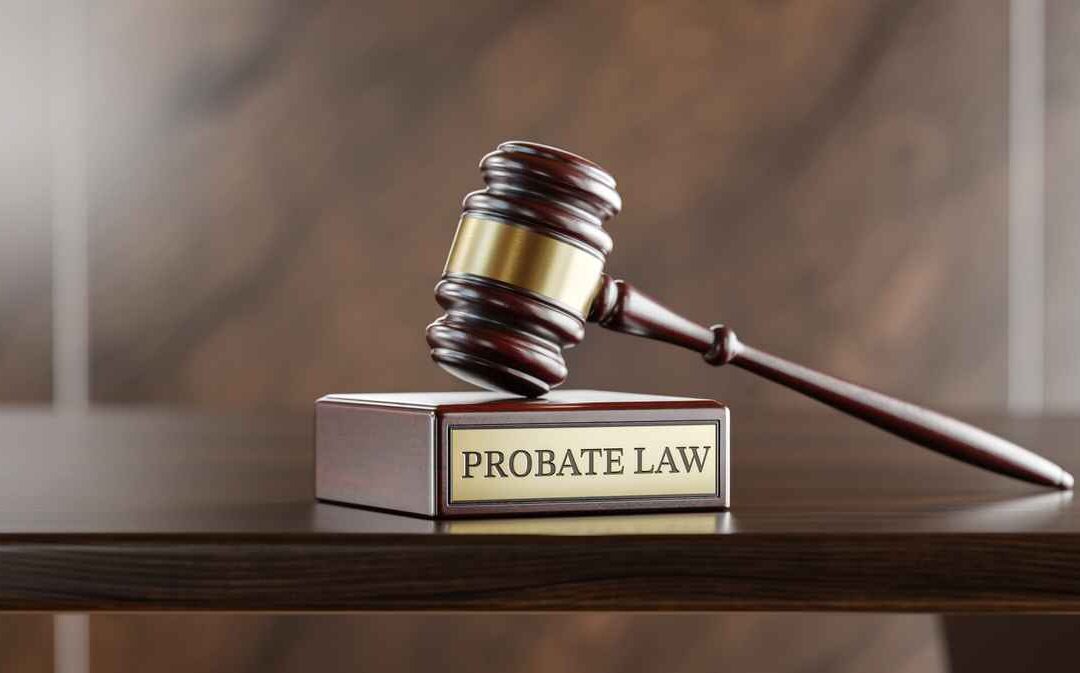Understanding the Key Steps in the New York Probate Process
The Probate process can be an intimidating and time-consuming experience, but understanding how it works can help you navigate it with confidence. In New York, Probate is the legal process that happens after someone passes away, which involves validating their Will (if one exists), distributing assets to beneficiaries, and settling any debts or taxes owed by the Estate.
Learn the basics of the Probate process in New York and what you need to know to ensure a smoother transition during a difficult time with N. Khasidova & Associates in Queens, NY:
1. What Is Probate and How It Affects the Estate
Probate is the legal process of administering a deceased person’s Estate, validating their Will, and distributing their assets. If there is no Will, New York’s intestacy laws determine asset distribution.
2. Filing the Will and Appointing an Executor in New York
The first step is filing the Will with the Surrogate’s Court in the county where the deceased lived. If a Will exists, the court will appoint the named executor. If there is no Will, the court appoints an administrator. This person is responsible for managing the Estate.
3. Receiving Letters Testamentary and Beginning the Probate Proceeding
Once the Will is validated, the court issues Letters Testamentary to the executor or Letters of Administration if there’s no Will. These letters provide the authority to access and manage the decedent’s assets, settle debts, and distribute the Estate.
4. Identifying and Collecting the Decedent’s Real Property and Other Assets
The executor or administrator must identify and collect the deceased person’s assets, including real estate, bank accounts, and personal property. Some assets, such as joint accounts or those with named beneficiaries, may pass outside of Probate.
5. Paying Debts, Taxes, and Managing the Estate’s Obligations
Before distributing assets, any outstanding debts, taxes, and funeral expenses must be settled. Executors must also file the decedent’s final tax returns. New York has its own Estate tax, which applies to Estates over a specific threshold.
6. Distributing Assets to Beneficiaries and Heirs
Once debts and taxes are paid, the executor can distribute assets to beneficiaries. If there is a dispute or complication, the Probate process may take longer, highlighting the importance of professional legal guidance.
7. The Role of an Attorney in Probate
Navigating the Probate process can be complicated. At N. Khasidova & Associates, we guide executors, administrators, and beneficiaries through each step—from filing with the court to settling debts and distributing assets.
Need Help with Probate or a Small Estate in Queens, NY? Turn to N. Khasidova & Associates Today
If you need assistance with Probate, Estate Administration, or any other Estate-related matter, contact N. Khasidova & Associates in Rego Park, NY, today. Our team is here to help you navigate the process and ensure that your loved one’s wishes are carried out according to the law. Contact us today to schedule a free consultation.
FAQ About the New York Probate Process
What is the probate process in New York?
The probate process in New York involves submitting a probate petition to the surrogate’s court, validating the will, appointing an executor, and distributing the estate to heirs or beneficiaries.
How much does an estate have to be worth to go to probate in NY?
Probate is required if the estate includes personal property worth over $50,000. Estates under that amount may qualify as a small estate and follow a simpler proceeding.
Who must receive probate notice in New York?
All interested parties—such as heirs, beneficiaries, and certain creditors—must be notified when a probate petition is filed in the county surrogate’s court.
What is the timeline for probate in NY?
Probate in New York typically takes 7 to 12 months but can vary depending on estate complexity, court delays, or disputes among interested parties.
How much does it cost to go through probate in NY?
Costs vary by estate size but generally include court filing fees, attorney fees, executor compensation, and possible estate tax or publication costs.
How do I avoid probate in New York, NY?
You can avoid probate by using tools like living trusts, joint ownership with rights of survivorship, and naming beneficiaries on accounts and policies.

